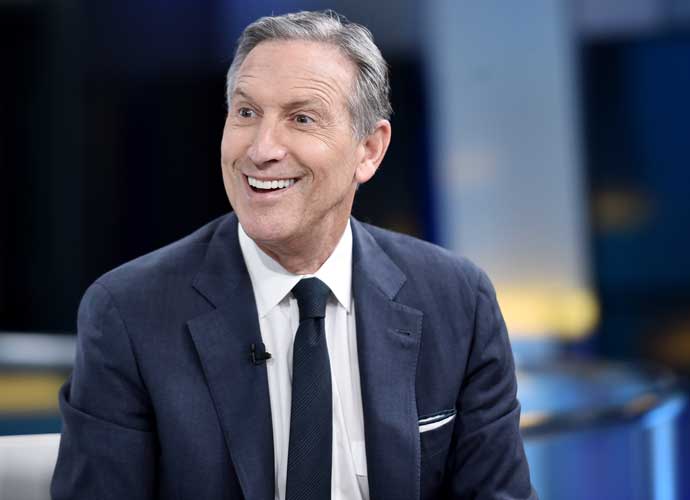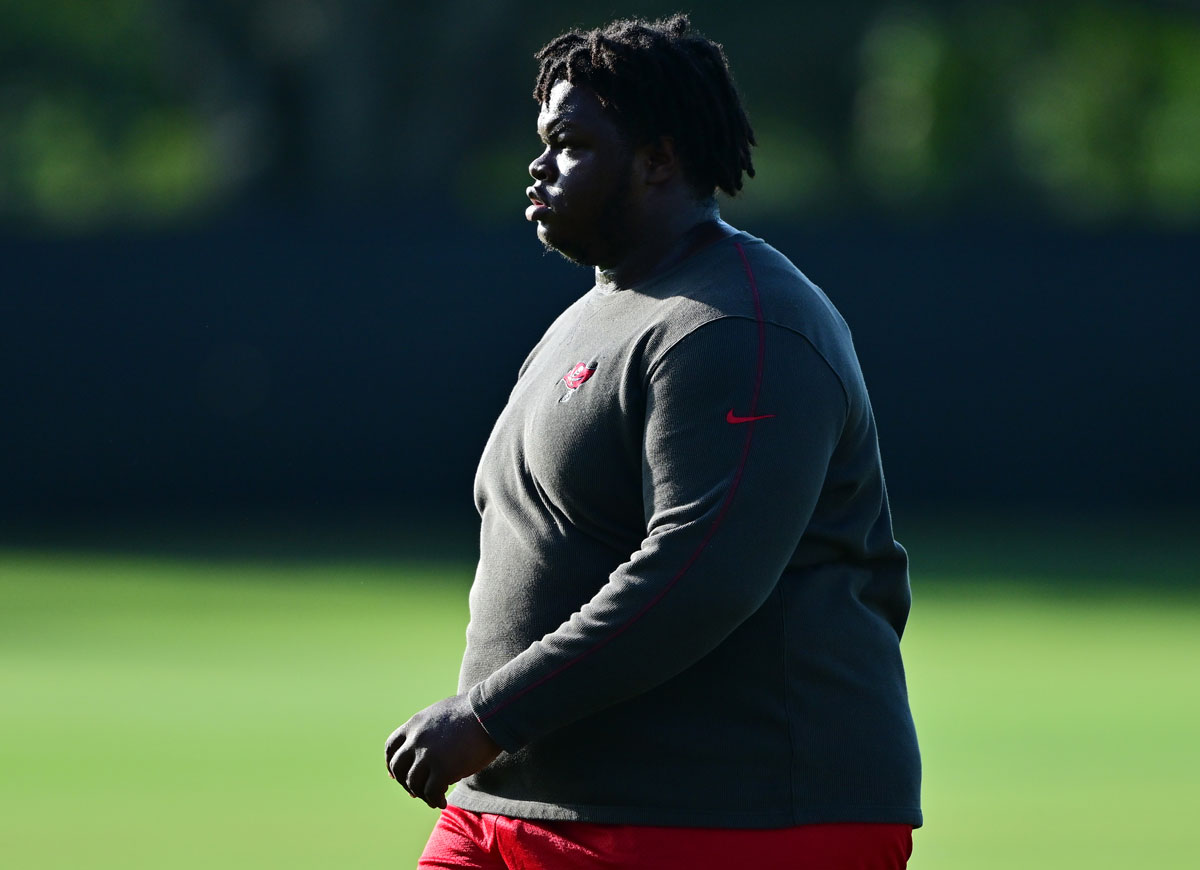Thousands Of Starbucks’ Workers Strike In ‘Red Cup Rebellion’
The struggle between Starbucks and its workers is continuing as workers went on strike in what is being called the “Red Cup Rebellion.”
The chain has been in legal disputes with the National Labor Relations Board for firing union workers as well as union leaders.
Starbucks CEO Howard Schultz has been vocal about his disapproval of labor organizing, earlier in the year claiming that the unions would be “some outside force that’s going to dictate or disrupt who we are and what we do.”
Roughly 2,000 workers went on strike as Red Cup Day, one of Starbucks’ most profitable, where the chain sells reusable holiday mugs, approached.
Subscribe to our free weekly newsletter!
A week of political news in your in-box.
We find the news you need to know, so you don't have to.
Baristas have reportedly said that they are being “underpaid, forced to run understaffed stores and they don’t have consistent schedules they can rely on.” These complaints are just a few of many by the union and union workers.
Some 260 Starbucks stores across the country have been unionized.
Nearly 100 stores participated in the strike. “No contract, no coffee,” became a familiar chant for the baristas outside their stores while others held signs with the same message.
The National Labor Relations Board claims that the Seattle-born brand has been participating in “union-busting” as well as refusing to negotiate in “good faith.” Reportedly, the chain’s executives have walked out of negotiations multiple times.
“The goal was to not open the stores [on Red Cup Day].” Casey Moore, a spokesperson for the Union, said.
Starbucks responded to the strike by issuing a statement: “We are aware that union demonstrations are scheduled at a small number of our U.S. company-owned stores. In those locations where partners choose to participate, we respect their right to engage in lawful protest activity.”
In April, it was reported that Schultz was looking to roll out more benefits for workers, excluding those who have voted to join a union. He claimed that it would be illegal to give these new benefits to union members due to laws stating that new terms must be negotiated between the labor organizers and management.
Last year, the unionization efforts began in Buffalo, New York and since then have spread across the country.
Recently, a Las Vegas store has become the first to file for a union vote in Nevada.
According to Starbucks Workers United, the growth of union membership within the coffee chain has surpassed any other union effort in the last 20 years.
Get the most-revealing celebrity conversations with the uInterview podcast!






Leave a comment